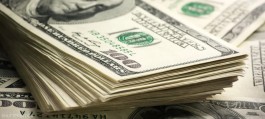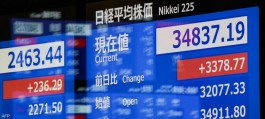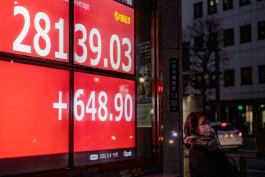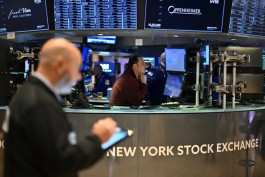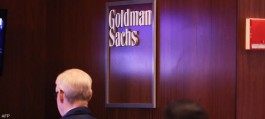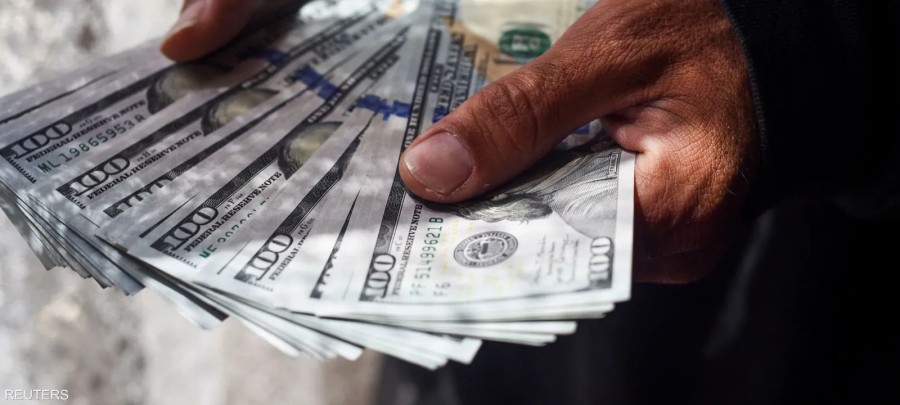The bullish appetite of traders for the US dollar waned as negotiations between Democrats and Republicans progressed on resuming federal government operations, causing the US dollar index to retreat from its recent highs, at a time when estimates suggest that the longest government shutdown in the country's history may be nearing its end.
The Federal Reserve is expected to resume receiving economic data soon, which should ease its current cautious stance. In this context, the probability of an interest rate cut in December has risen to 74%, while US Treasury yields have declined.
Nevertheless, the US dollar (the greenback) found temporary support from increased demand for safe-haven assets amid declining US stock indices and the Supreme Court's decision to consider a case concerning the legality of tariffs.
According to PredictIt, Donald Trump has a 73% chance of losing, while Polymarket puts the probability at 64%. The removal of tariffs on imports is expected to deal a blow to the US economy and the dollar, as it will trigger refunds and increase the budget deficit, necessitating cuts in government spending and tax increases—factors that will slow GDP growth and push the Federal Reserve to cut interest rates more aggressively.
However, in the short term, increased volatility in financial markets may support the dollar and other safe-haven currencies.
The USD/CHF and USD/JPY pairs have retreated from their recent highs.
The Swiss franc came under pressure due to concerns that the Swiss National Bank might return to negative interest rates, while the Japanese yen faced pressure because of the Bank of Japan's reluctance to signal the continuation of the monetary policy normalization cycle.
Minutes from the Bank of Japan's latest meeting revealed that some board members urged caution, noting that Japan has long suffered from periods of deflation and that excessive interest rate hikes could push the economy back into that state. These remarks reduce the likelihood of an imminent overnight rate increase, putting pressure on the yen. Meanwhile, increased verbal intervention and rising demand for safe-haven currencies amid heightened market volatility are contributing to mixed movements in the USD/JPY pair.
The pound fell to its lowest level since April after Chancellor Rachel Reeves indicated she was unwilling to repeat Labour's election pledge not to raise taxes significantly. Reeves blamed the previous Conservative administration and trade frictions for damaging the British economy.
In trading, the dollar index settled at 100.2 points by 11:16 GMT, having recorded a high of 100.2 points and a low of 100.06 points.

















